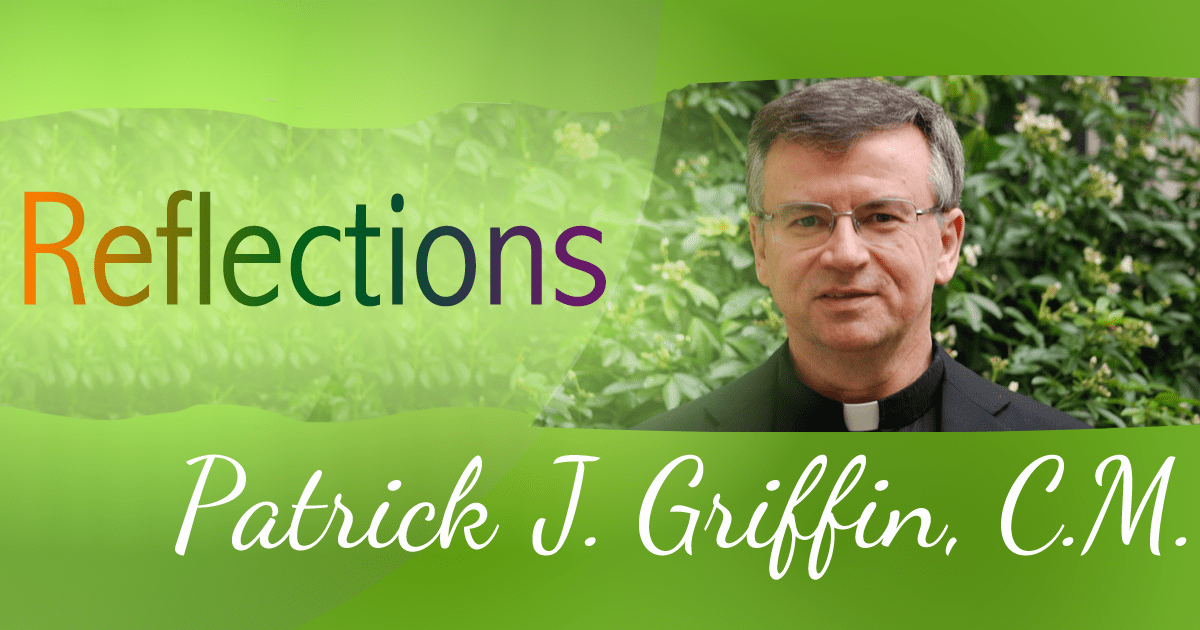Pentecost holds high the Holy Spirit for our attention and devotion. The Solemnity reminds us of her special gift on the fiftieth day after the Resurrection of the Lord. The readings of the Easter Season have been telling us consistently of the movement of this Advocate during the earliest days of the Church. The Acts of the Apostles—with its many stories and lessons—has guided our thinking.
After Jesus has returned to the Father and sent us the Mediator, one can identify at least three ways in which the Spirit becomes active. These efforts give breadth to our appreciation of the work of the Spirit in the infant Christian community and provide depth to her movement in the ongoing Christian community. In this reflection, I focus on one element. In a future essay, I will consider others.
Recall the story of the first Pentecost (Acts 2:1-4).
When the time for Pentecost was fulfilled, they were all in one place together. And suddenly there came from the sky a noise like a strong driving wind, and it filled the entire house in which they were. Then there appeared to them tongues as of fire, which parted and came to rest on each one of them. And they were all filled with the holy Spirit and began to speak in different tongues, as the Spirit enabled them to proclaim.
These initial verses focus our attention on the gift of speaking that the Spirit provides. Notice, however, how the next verses complement that idea for those to whom the disciples spoke:
Each one heard them (the Apostles) speaking in his own language. (v. 6)
“How does each of us hear them in his own native language?” ( v. 8)
“We hear them speaking in our own tongues of the mighty acts of God.” (v. 11)
The strength of the message rests not simply in the speaking but in the listening. The Holy Spirit acts on the ears as well as the tongue. (A popular wisdom teaches that God gave us one mouth and two ears, and they should be used in that proportion.) One grasps the Gospel first and most profoundly by opening oneself to the charges and direction that the Spirit offers. We are learners before lecturers, hearers before heralds, students before scholars. Perhaps the first gift of the Spirit at Pentecost rests in a summons to humility.
Vincent wrote:
“When we say that the Holy Spirit is at work in someone, it means that this Spirit, residing in that person, gives him or her the same inclinations and dispositions Jesus Christ had on earth, and they cause the person to act in the same way.” (CCD 12, 93)
As we look to the wonderful celebration of Pentecost, we recognize our need for the guidance and wisdom that the Helper brings. In the uncertainty of the current moment regarding the future, the Spirit can draw us to trust in the God whose children we are and who leads us with love.






0 Comments